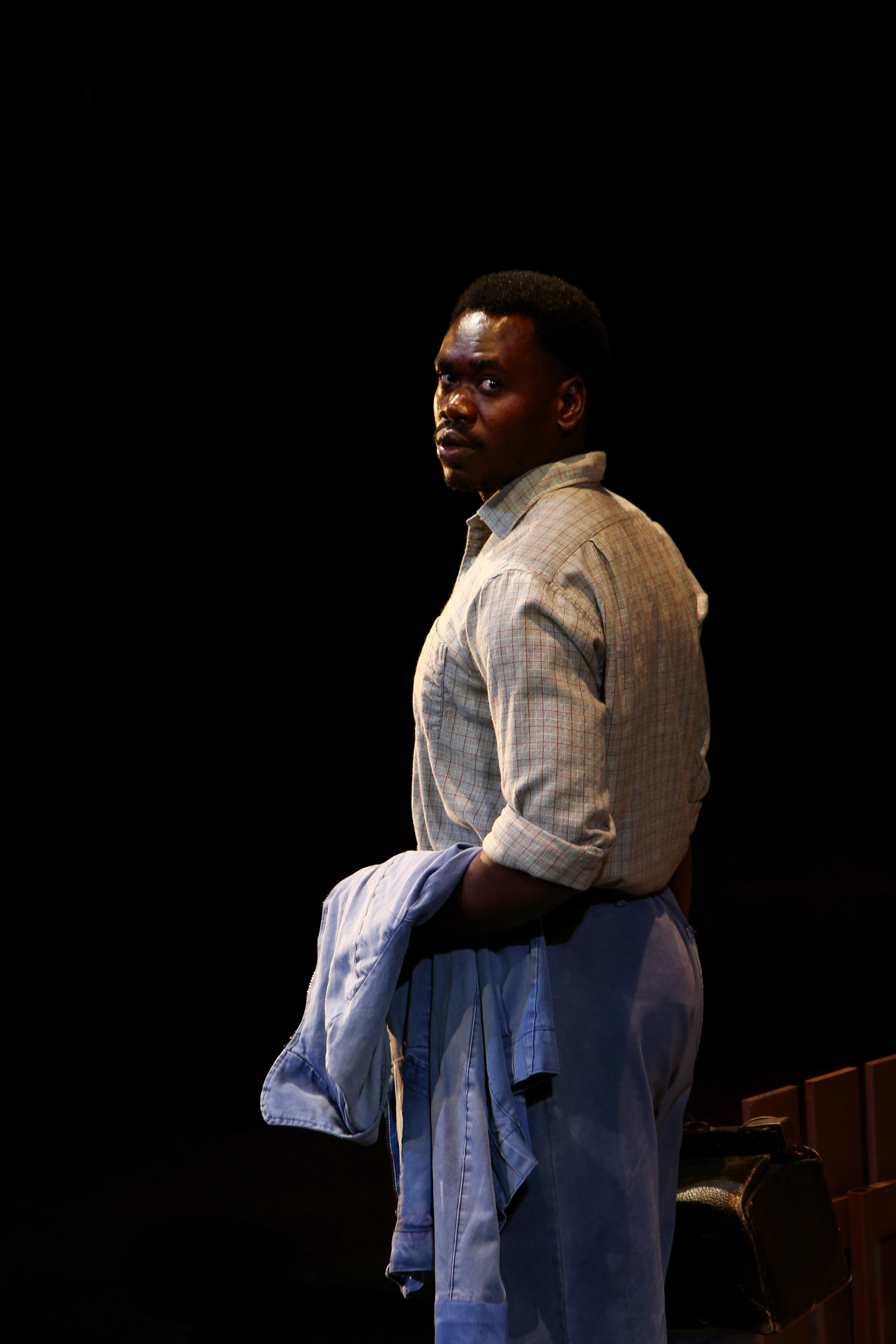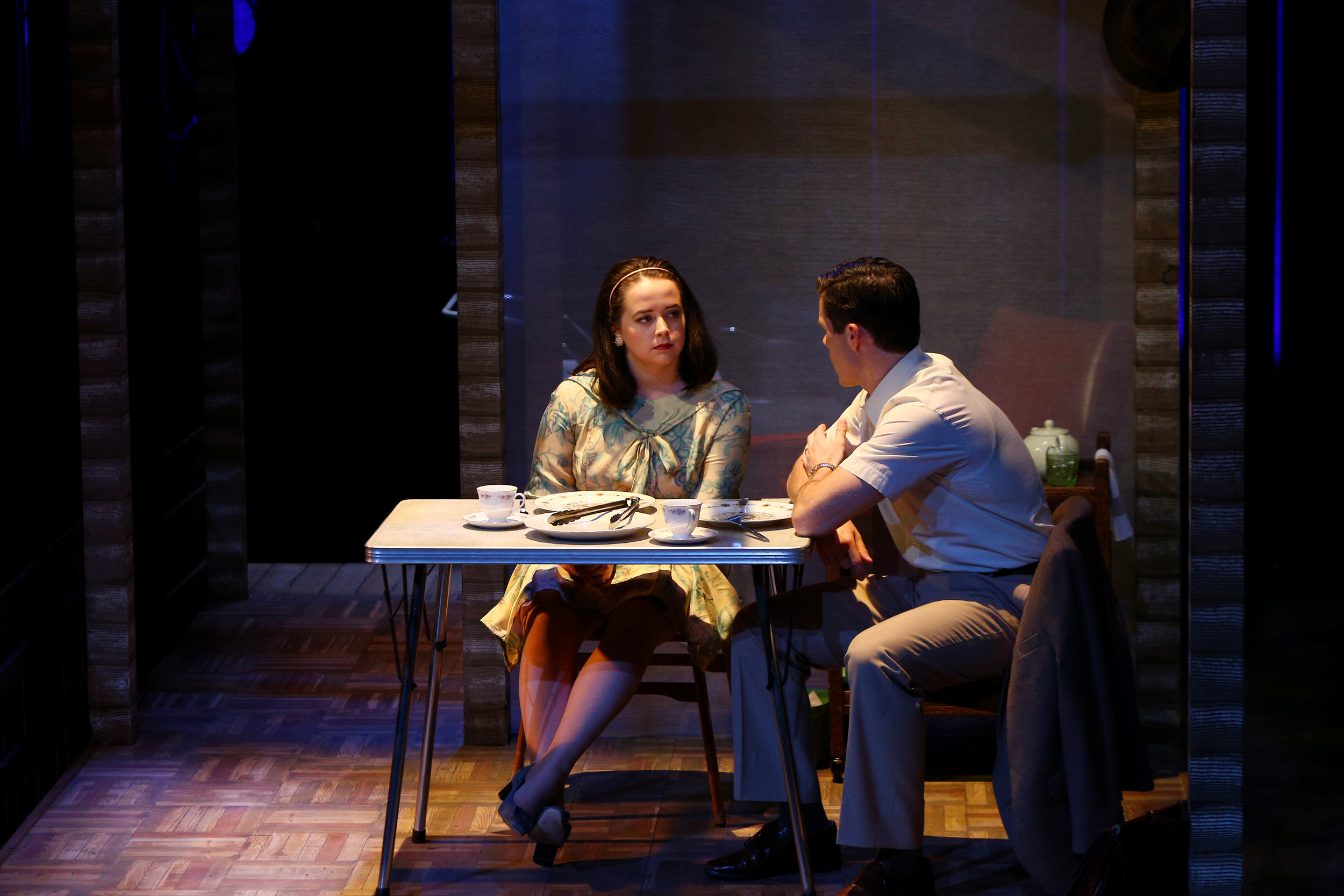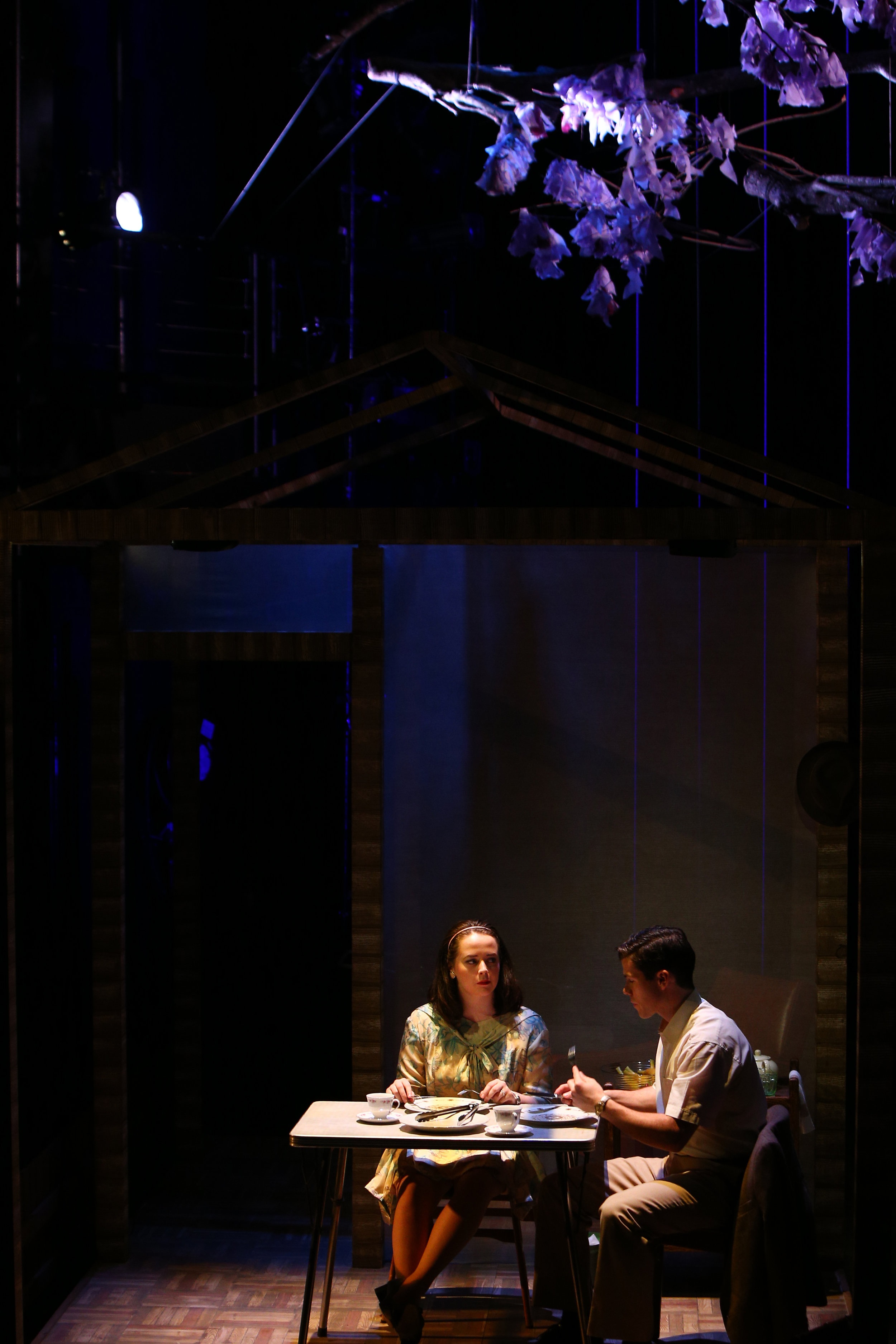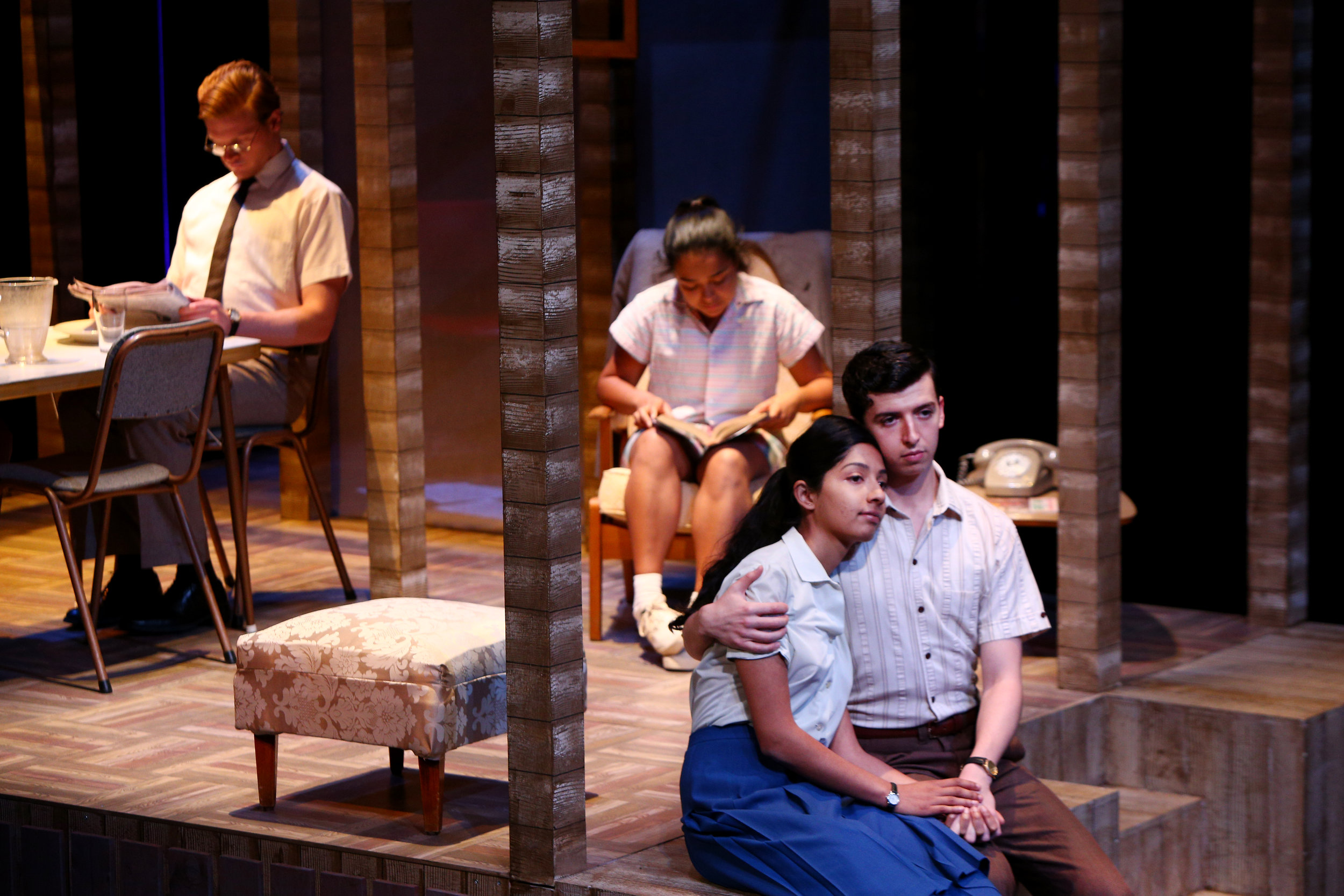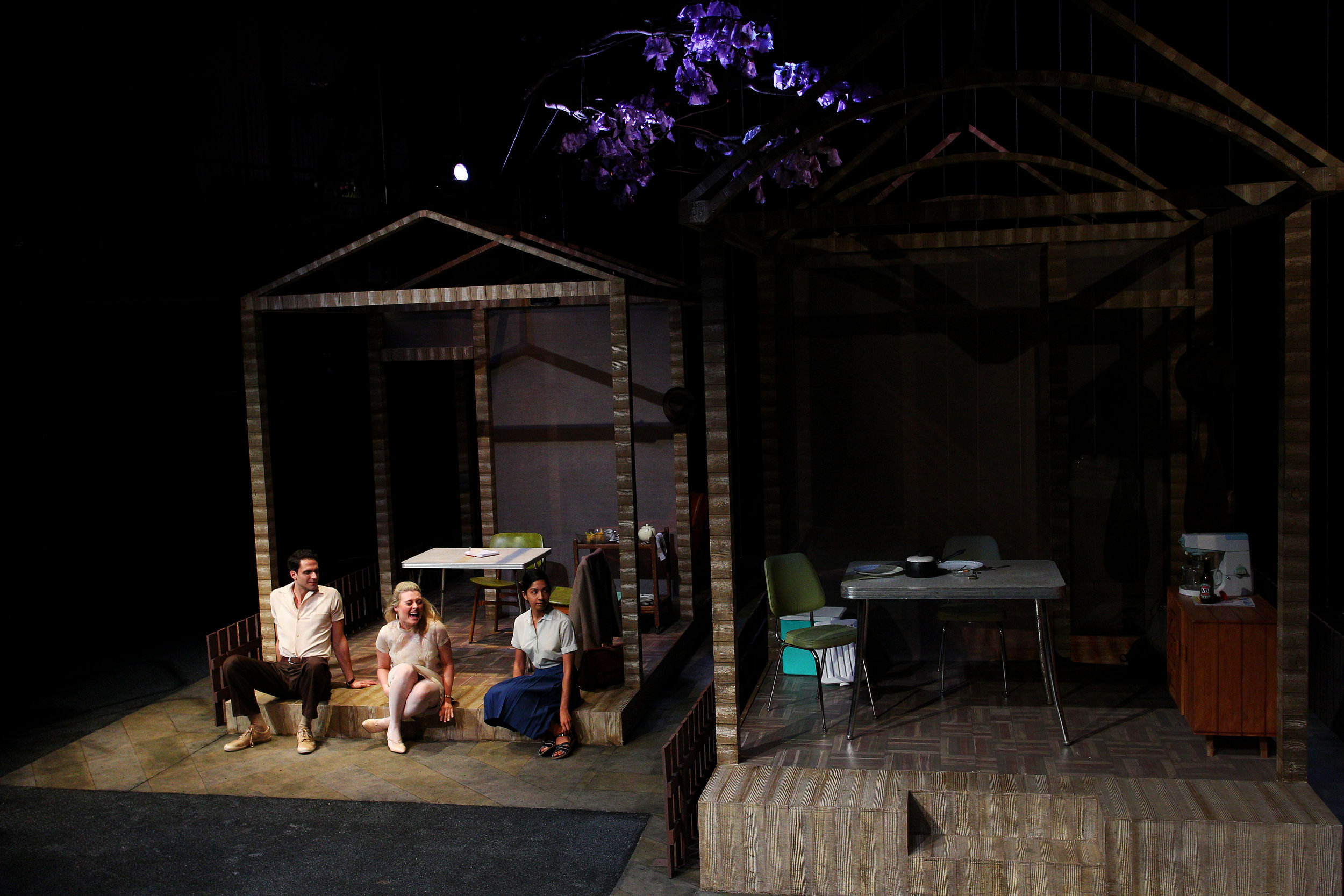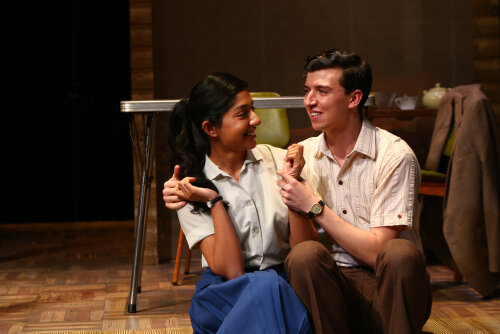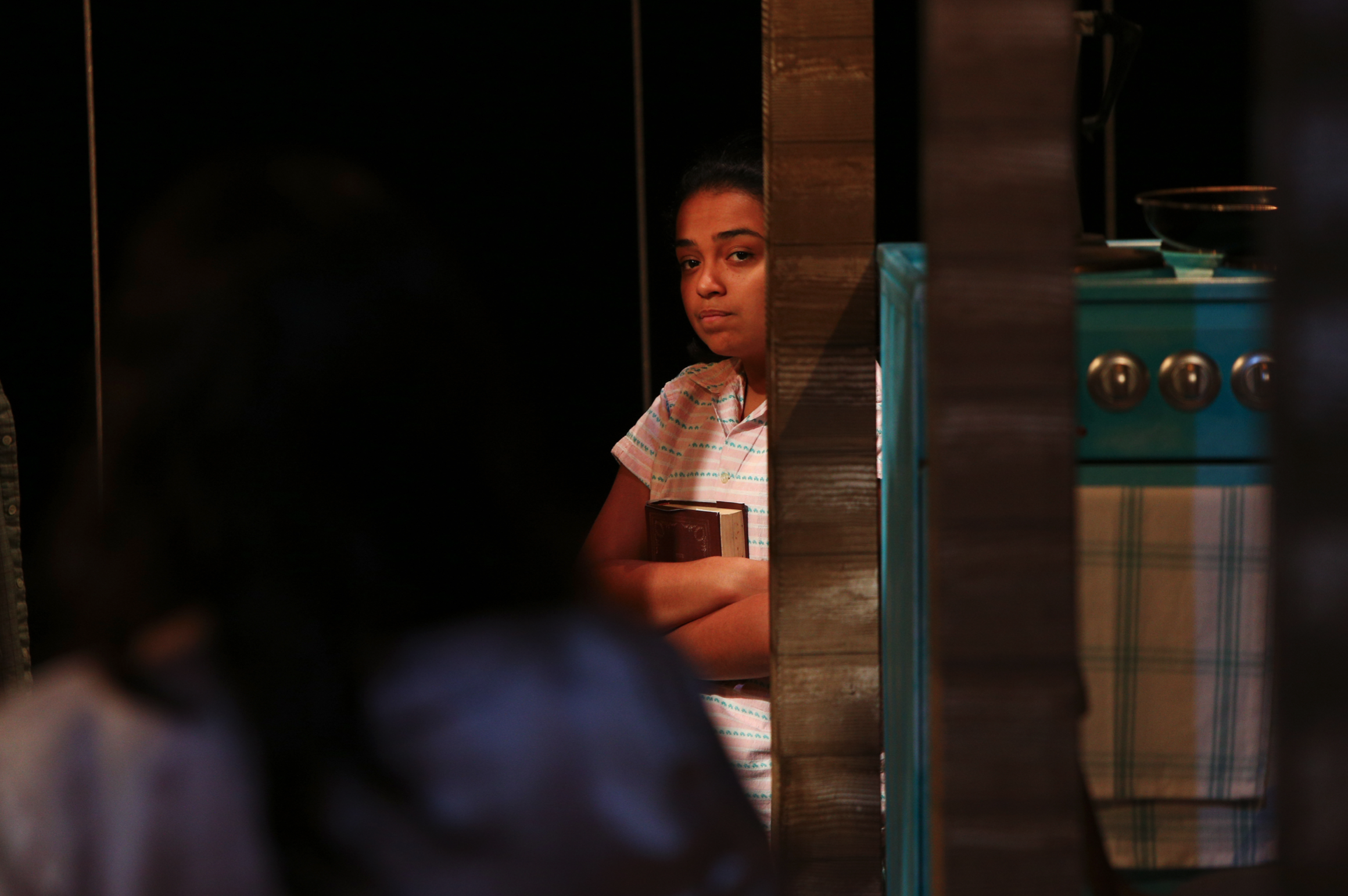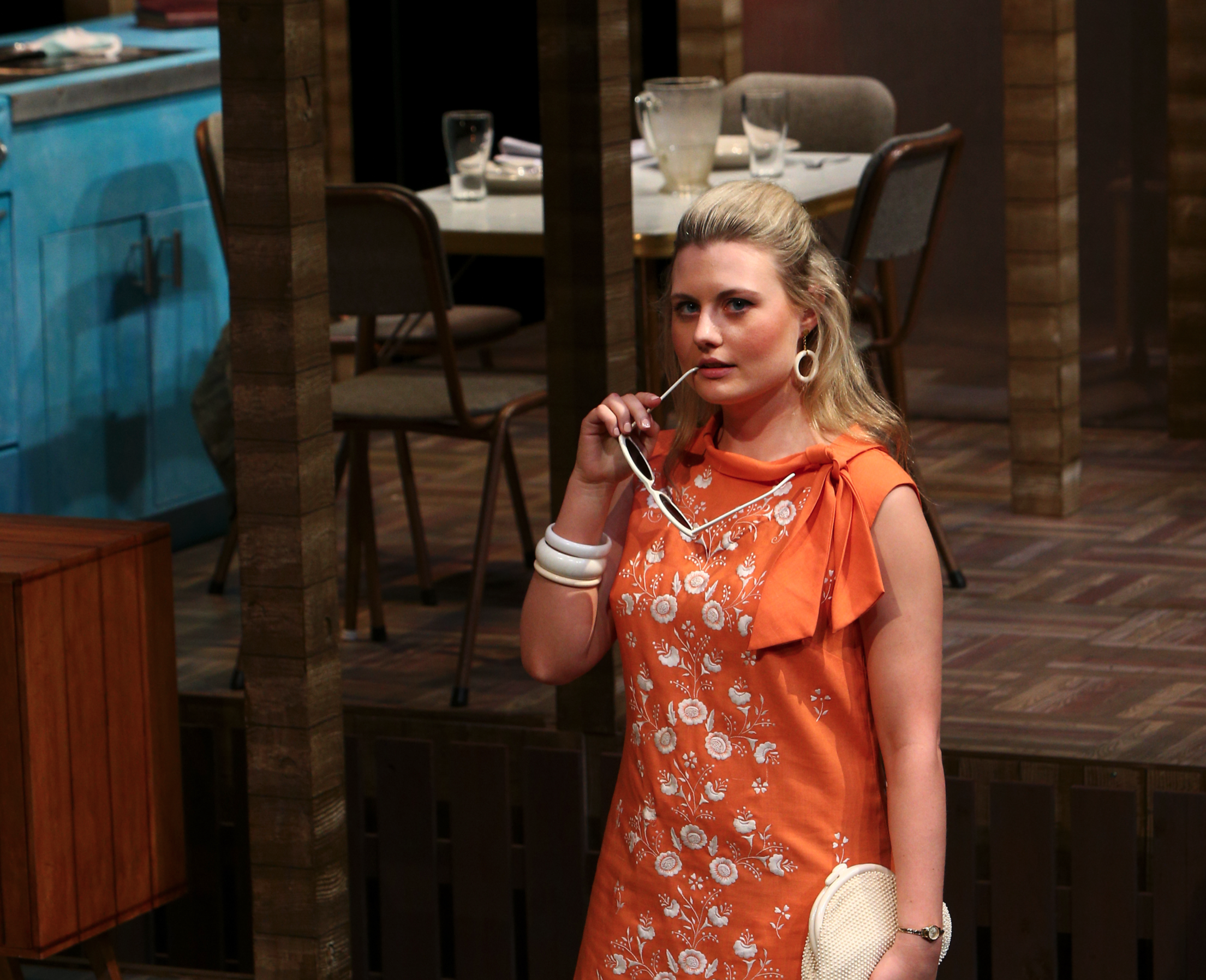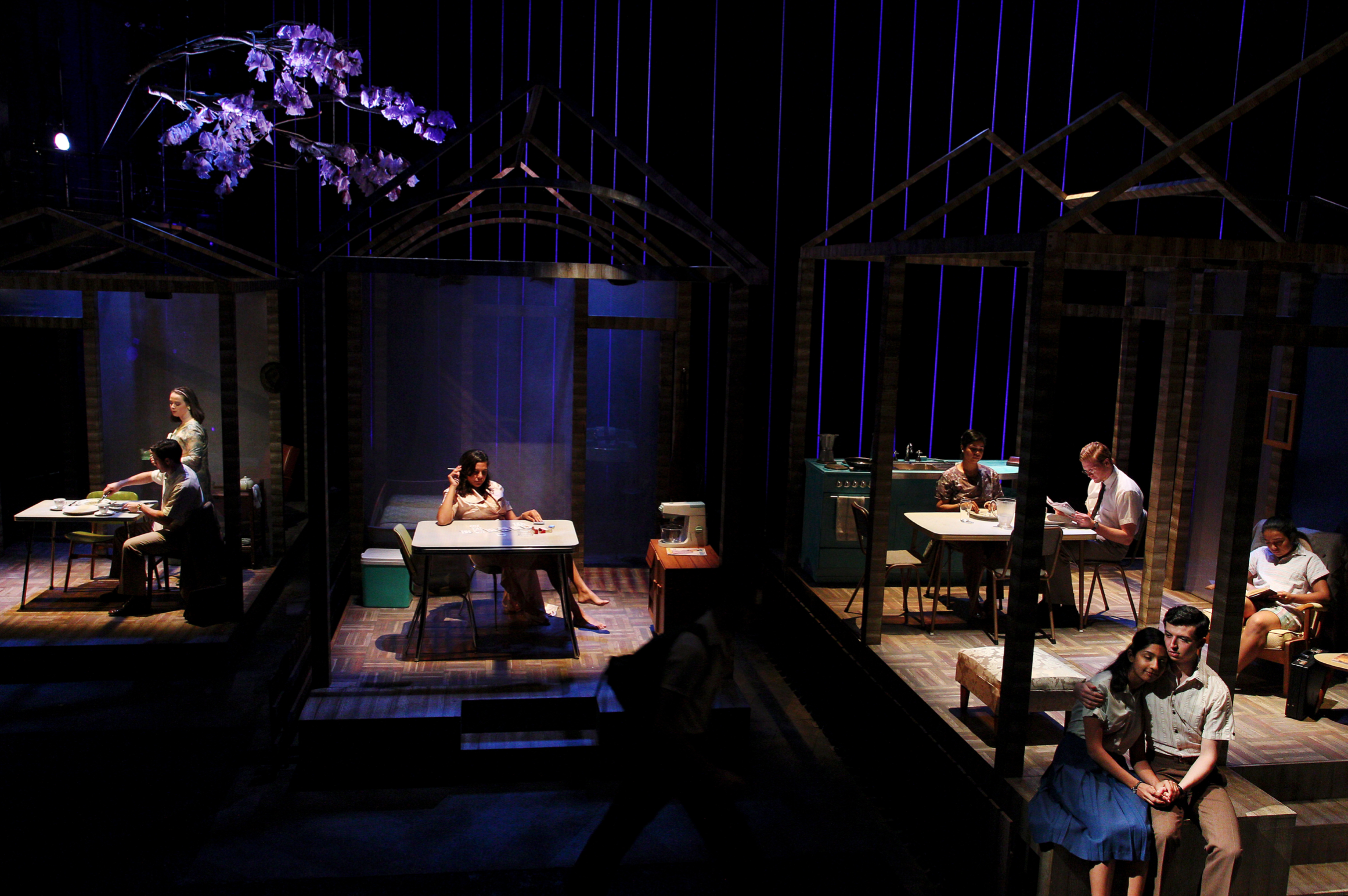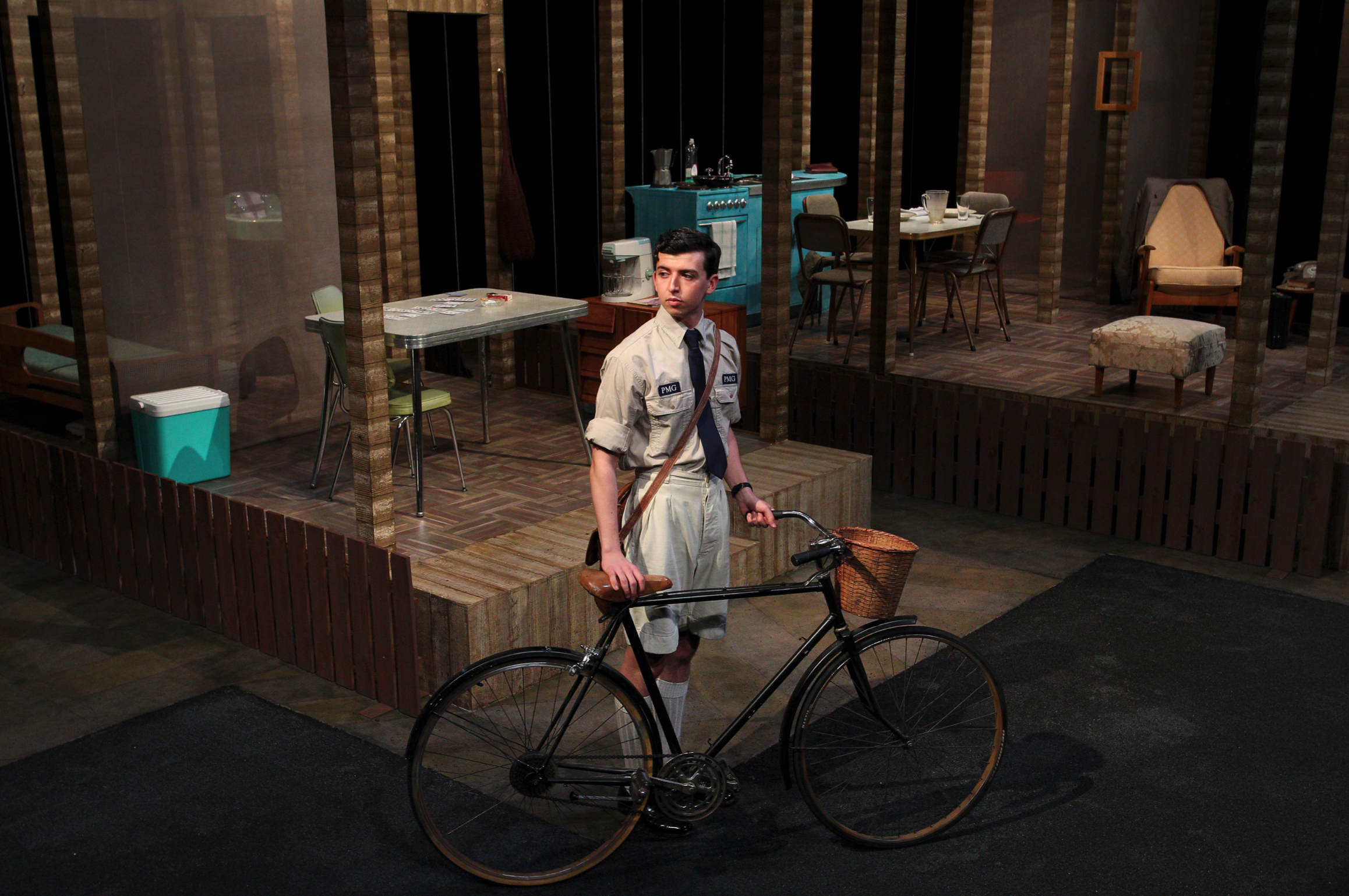A Note from Director
Season at Sarsparilla: a post-war vision of the Australian Dream where families live side by side in frugal comfort and conspicuous normality.
For some years I had thought of commissioning a writer to adapt this play to contemporary multicultural Australia to examine the interactions of three families of different cultural histories living side by side. However when studying the play in detail, I began to think of my own mother’s migration to Australia from India via England in the late 50’s and became interested in the idea of imagining three families from multi cultural heritages living side by side in Australia in the 60’s.
With my dramaturg Dr Robin Dixon we became more and more fascinated about the time and place and subsequently set our Season of Sarsparilla in the October of 1967.
Australia 1967 is still six years before the final dismantling of the Immigration Restriction Act of 1901 (a.k.a the White Australia Policy), but where a steady relaxation of immigration restrictions was in progress. The 1967 Referendum on Constitution Alteration (Aboriginals) was passed increasing legal and social recognition of Aboriginal identity within the Australian state granting citizenship and voting rights to Indigenous Australians. Australia was embroiled in Vietnam and John Farnham released “Sadie The Cleaning Lady”. This was the backdrop to this intracultural production.
The research coupled with drawing on the cultural heritages of the second year actors (Anglo Australian, Indigenous Australian, Persian Aboriginal, British, Sudanese, Indian and mixed heritage Anglo/Indian) and asking them to share their own experiences and historical narratives as a critical part of the dramaturgy , we reimagined Season at Sarsparilla and with our reimagining paid respect to the hidden history of Australian settlement.
Student Reflection 1
The first few days of our rehearsal have been an exploration of the Season at S through the lens of the personalities of the cast (as opposed to the lens of the play which can be both prescriptive and polarizing for the actor). Where often the actors explore people that they can only fail to ‘become’: in this process, here, the play and the actors are respected equally in order to realize a truly unique imagining of the text.
Student Reflection 2
The one thing that I have continually witness and experienced is the helping of scene work through improvisation. Noticing the major difference of the performer once they’ve been through a sort of improvisation. Through this they’re able to drop in, not only with themselves but their scene partner(s). Through training we become caught up in trying to hit so many marks on a technical level that we lose the true essence of ourselves, performing from a more calculated place. The improvisation allows you to drop into your natural instincts and speech patterns, allowing you to find more truth and depth.
The courage to be your true self and not be afraid to go big, allowing yourself to go to extraordinary places in a safe environment and having the pleasure and fun to be in those moments.
Letting go of doubt and expectation and playing moment by moment as yourself.
Student Reflection 3
I found the text itself so white Australian that as an actor I couldn’t identify with it because that normally not how I speak even English. It was very different rhythm, different phrases of words, sentences slang that was stepping in my way during rehearsal and of understanding the text. But as soon as I was able to rewrite with Kristina to a simple text speaking, it began to help me to learn the text quicker and come to the class and begin to play in the scene more effectively to where I needed to be. Last but not less, having to experience the scene through different ways of improvisation which was to speak on native language with my real voice and as a Sudanese man was really the key for me to unlock me during the rehearsal to authentically play with my follow actor. And so I would love to continue working in this process if not till opening night.
